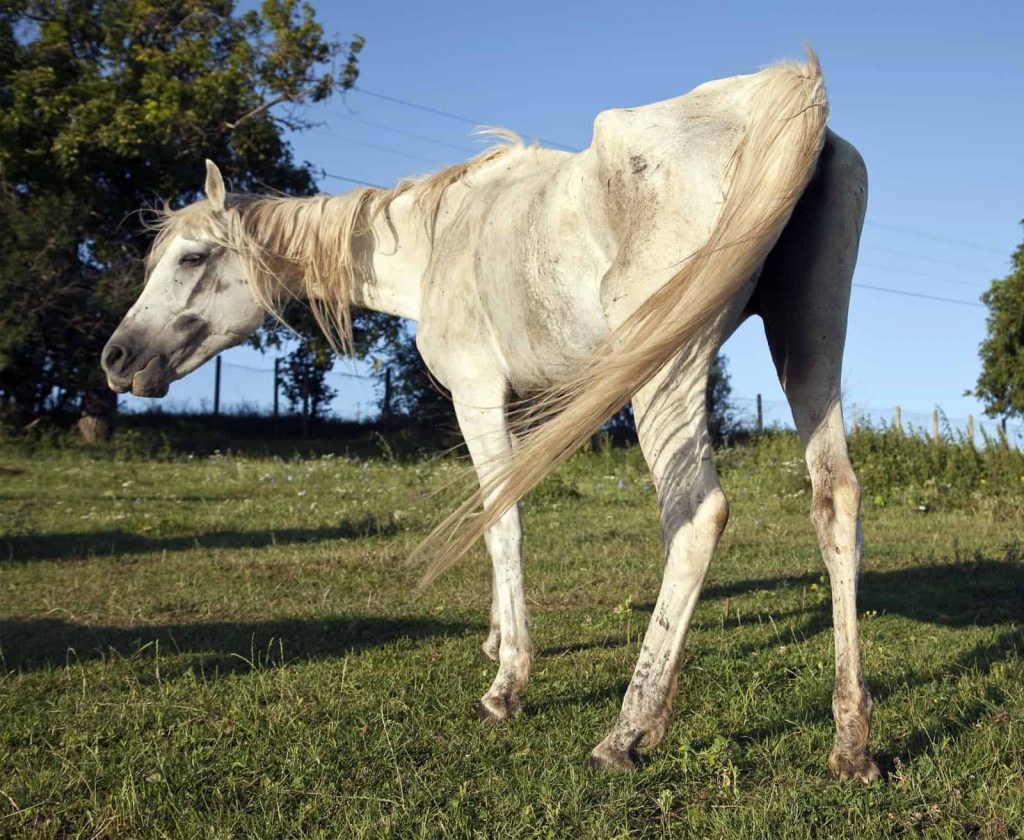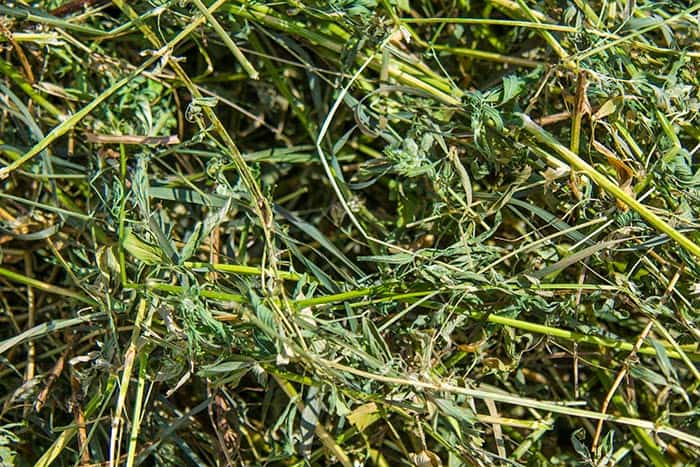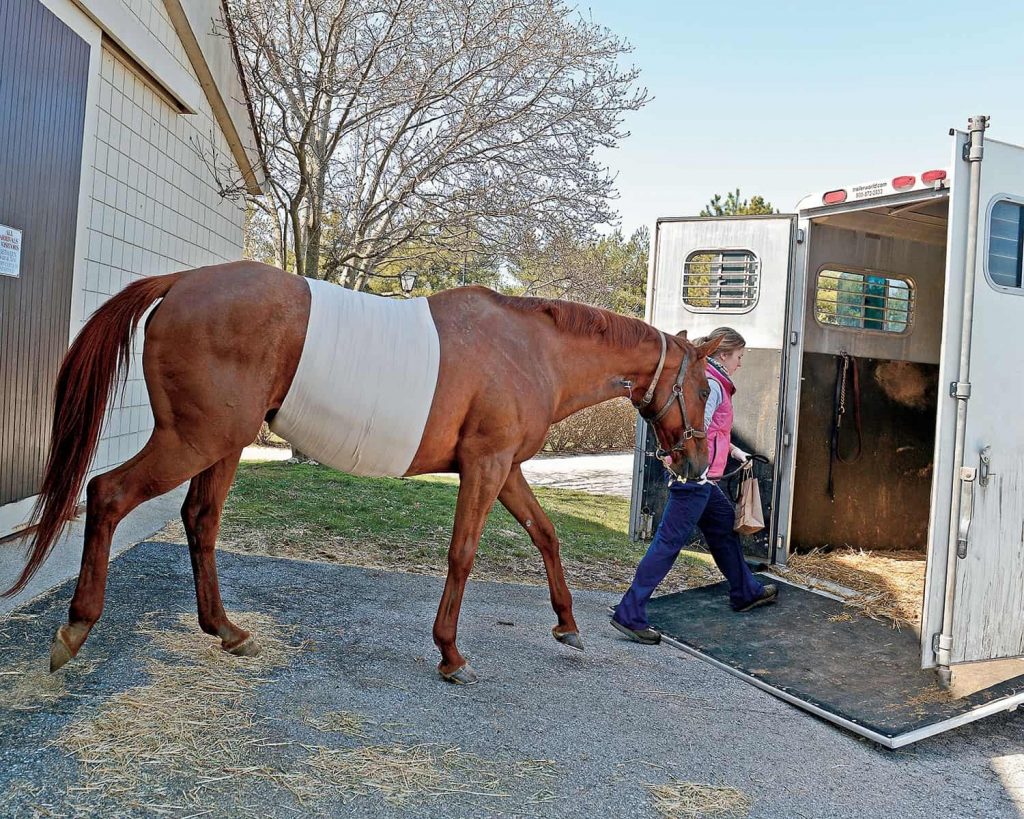
Understanding Horse Feed Tags
Learn how to interpret feed tags and consider your horse’s specific dietary requirements so you can make informed decisions to maintain his health and performance.

Learn how to interpret feed tags and consider your horse’s specific dietary requirements so you can make informed decisions to maintain his health and performance.

Internal parasites can damage horses’ digestive tracts, causing lifelong issues with nutrient absorption.

Get advice on encouraging a hard-keeper to eat more. The first step? Rule out health problems.

Horses can consume hay pellets or cubes rapidly. How can we slow them down to increase their time spent chewing?

Find out how proper nutrition, including high-quality protein, could help improve muscling over your horse’s back.

An equine nutritionist describes how to promote weight loss in horses that cannot be ridden.

Discover key signs that could indicate 2 types of gastric ulcers in your horse so you can take proactive steps to ensure his peak health.

When refeeding skinny or emaciated horses, feed forage first to avoid fatal refeeding syndrome.

Researchers found horses with gastric ulcers are under greater oxidative stress and concluded the animals might benefit from additional antioxidant therapy.

Discover which horses can benefit from higher carbohydrate levels in their diets and the feeds that can supply them.

Providing forage before an early morning ride can help reduce your horse’s risk of developing ulcers.

An equine nutritionist explains how a broodmare’s nutritional needs change during her pregnancy.

As horses age, they might need additional nutritional support. Read advice for feeding senior horses.

When fed correctly, alfalfa might help prevent gastric ulcer development. One expert explains the importance of timing and amount when feeding horses alfalfa.

The stress of surgery and the management changes that follow can cause gastric ulcers in horses. An equine nutritionist describes possible solutions.

An equine nutritionist explains how horses use dietary fats for energy and why some metabolic horses might need additional fat sources.
Stay on top of the most recent Horse Health news with
"*" indicates required fields